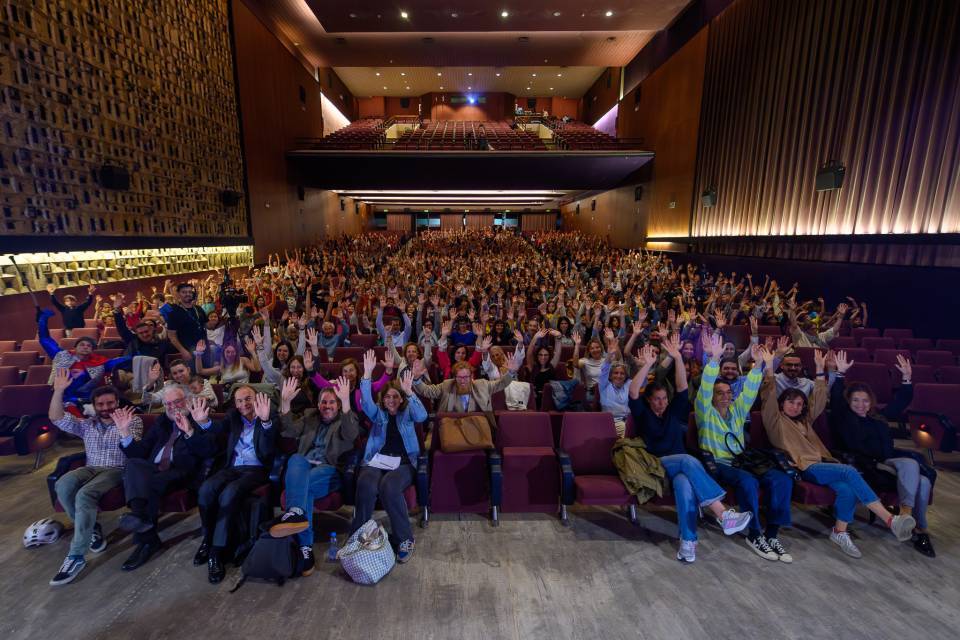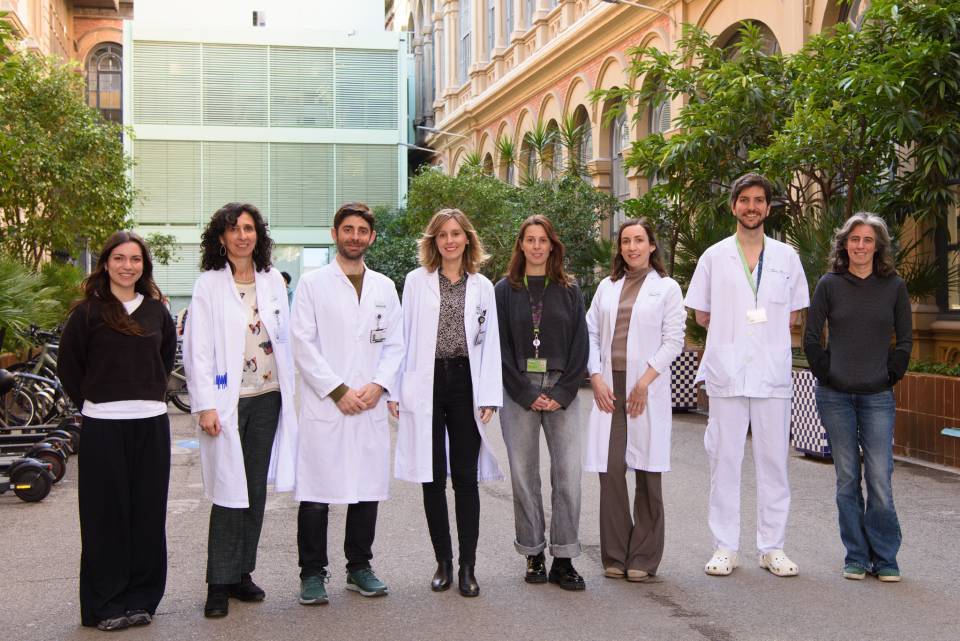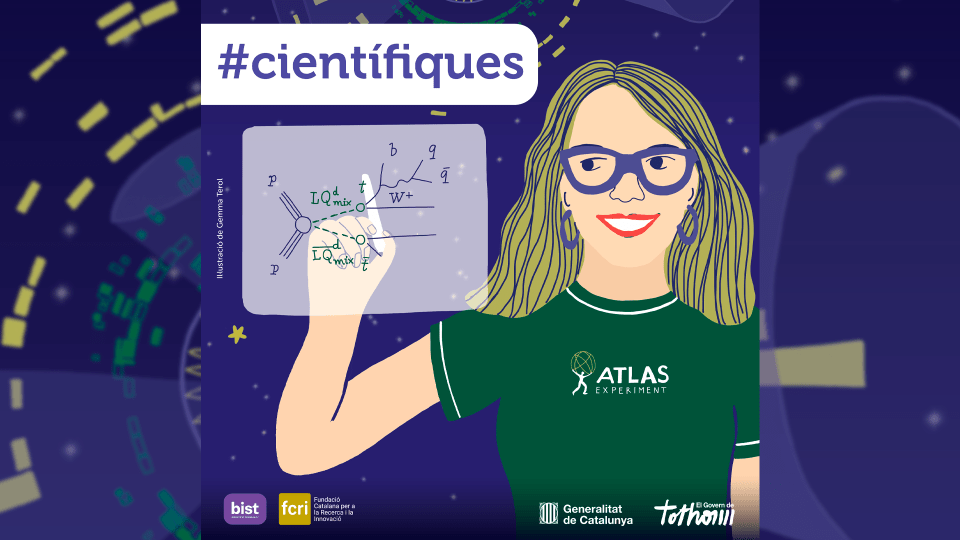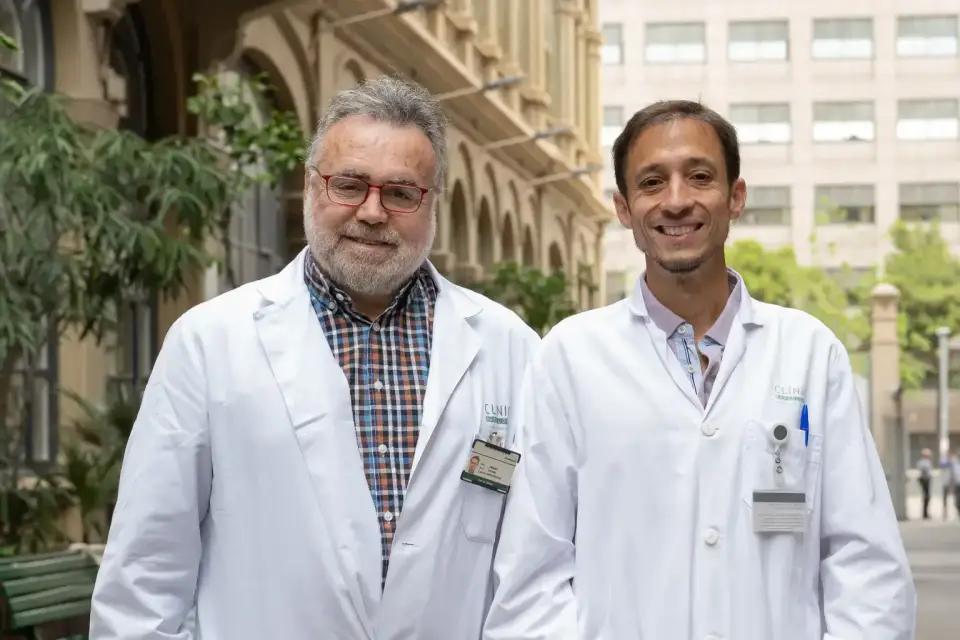The closing ceremony for the ‘Let’s Turn the Page!’ campaign was held today. This initiative exceeded its initial goal of achieving 2,000 hours to be allocated to cancer research.
The closing ceremony of the ‘Let’s Turn the Page!' campaign was held at the Cinema Aribau (Barcelona) and was attended by more than 900 students from the over 30 schools that took part in the campaign. The event was hosted by cultural journalist Anna Guitart, and featured the poet Jaume C. Pons Alorda, as well as Toni Aulés, science teacher at Frederic Mistral School, and researchers from the Hospital Clínic Barcelona.
All those involved expressed their satisfaction, not only with the target reached, but also with the campaign and the format: fundraising for cancer research by promoting reading.
In this regard, Clea Subirachs Barraquer, Catalan language teacher at Poeta Maragall Secondary School, said that, “on behalf of the school, we’d like to congratulate everyone who took part in the ‘Let’s Turn the Page!’ campaign, which links a love of reading to the fight against cancer. This year, the campaign has been confirmed as a successful initiative that continues to grow. Congratulations!”.
Meanwhile, Enric Aymerich, bookseller at Laie Pau Claris, explained that, “‘Let’s Turn the Page!’ highlights the importance of cooperation, generosity and the therapeutic power of reading, and helps to raise awareness of the need for funding for scientific research".
Dr Aleix Prat, director of the Clínic Barcelona Comprehensive Cancer Center, added that, "it is very exciting to think that, thanks to the involvement of readers and the support of the reading mentors, we have added 2,000 hours of research that will enable us to advance in the development of innovative immunotherapies to treat cancer”. “This collective endeavour brings us closer to our common goal of improving the lives of people with cancer and reducing its impact on their families”, he concluded.
The ‘Let’s Turn the Page!’ campaign in figures
The aim of this campaign is to raise money for immunotherapy against cancer by promoting reading, encouraging community participation and promoting values such as solidarity, collaboration and commitment to scientific research.
Over 40 schools and around 60 bookshops have collaborated in the initiative, collecting over 12,000 reviews from all those who took part. This activity has served to promote reading among young people, as 74% of the participants were under the age of 15.
The participants rated the initiative very positively, highlighting its charitable nature and the fact that it promotes reading and research at the same time. There was also a high level of awareness that the reviews obtained will be used for cancer research.
Where will the funds raised go?
The funds raised thanks to this campaign will be used to carry out research into immunotherapy at the Clínic-IDIAPS, a leading centre for health and biomedical research. With 25 research groups, this centre strives to tackle the major challenges in oncology, from the development of new treatments and diagnostic techniques, to understanding the biological mechanisms of cancer.
This funding will enable progress to be made in innovative, more effective and less invasive therapies, with the aim of improving both patients’ quality of life and their chances of a cure.
Two examples of new immunotherapy strategies based on cells from the immune system are:
CAR T-cell therapy: At the Clínic-IDIBAPS, they have developed pioneering treatment with CAR T-cells for different types of cancer:
- ARI-0001 for acute lymphoblastic leukaemia and ARI-0002h, for multiple myeloma, already approved by the Spanish Agency of Medicines and Medical Devices (AEMPS).
- ARI-HER2 to treat HER2-positive breast cancer: A new treatment that will soon begin to be evaluated in patients.
Moreover, similar therapies are being developed to treat advanced tumours such as gastric cancer, prostate cancer and brain tumours.
TIL therapy: A clinical trial has been launched with tumour-infiltrating lymphocytes (TILs) to treat patients with triple-negative breast cancer, a variant that is particularly difficult to treat. Projects are also being launched to apply this strategy to melanoma, with the aim of offering new treatment options to patients without effective alternatives.




